
The global pandemic has confronted the hospitality sector with an unprecedented challenge. Whilst the industry is no stranger to black swans, the tenacious grip this pandemic has on hotels has been especially damaging.
Measures to flatten the Covid-19 curve such as sporadic lockdowns and travel bans have created a precarious business climate and significantly decreased demand.
With tourism being the third largest contributor to Malaysia’s gross domestic product, the impact of the virus has been far-reaching and continued to ripple throughout the economy as more and more hotels can’t help but shutter.
Reflecting on 2H2020, hotels were just beginning to see gradual signs of recovery with domestic tourism and “staycations” creating a positive trajectory for demand. The respite, however, was short-lived, with the second wave of cases calling for stricter re-implementation of a Movement Control Order since December.
Hotels have since been grappling with occupancy rates hovering below 20% and predicted rates of 21% and 28% in the third and fourth quarters of 2021 respectively. Subsequent manpower rationalisation in the form of unpaid leaves, pay-cuts or even retrenchment has also reduced the workforce by 6-10%.
In total, the hotel industry is estimated to have lost over RM5 billion in revenue since the start of 2021.
Despite such troughs, Malaysia’s accelerating inoculation programme shines a light at the end of the tunnel, with greater herd immunity increasing the chances for domestic and international tourism recovery by 4Q2021 and 2H2022 respectively.
As demand wanes, the government has continuously been of vital financial support. Towards the end of 2020, Tourism Malaysia and Shopee with the Malaysian Association of Hotels launched the “Cuti-cuti Malaysia” initiative which spent RM466,000 towards subsidising hotel deals.

As a result, RM1.89 million sales were made, driven by pent-up demand from prior lockdown fatigue. This is in addition to the PEMERKASA stimulus package tourism initiative, which exempts services taxes for hotel accommodations until 2022.
The economic relief package has also provided one-off RM3,000 grants for 5,000 tour agencies as well as cash assistance of RM600 for 4,000 homestay operators.
A 10% discount in electricity bills for hotels, shopping malls, theme parks and airline offices has also been undertaken -- although the industry asserts a discount of 15% minimum is much needed.
Issued under the Ministry of Tourism, Arts and Culture, the Gamelan and Sokongan grants have also been key supporters of the sector, with a ceiling of RM300,000 for hotels, travel agencies, and any other tourism associations to apply for.
Since the pandemic, 28% of hotels have reduced their manpower by more than half, signalling a massive drain of talent in a heavily service-based industry.
In response, the government has introduced a wage subsidy programme of RM600 to RM1,200 for each employee earning less than RM4,000 monthly.
However, with the spiralling number of hotel closures, layoffs and furloughs, the general consensus is that the 15-30% subsidy of their existing wages for only 437,000 workers out of 3.6 million involved in tourism was insufficient.
Instead, workers are asking for the government to adopt a similar model to Singapore or Hong Kong whereby the government pays a higher 50-75% of their existing salaries for every local employee with a salary up to SG$4,600 (RM14,354) or HK$9,000 (RM4,890) respectively.
As an industry with high financial and operating leverage, the downwards demand has thus tested the resilience of hoteliers who must engage in creative revenue channels to stay afloat.
Some hotels have worked with the government to convert themselves into quarantine centres whilst others have ventured into food catering as a stable source of revenue – with all festivals now being celebrated at home.
Whilst large conventions and meetings are still at least a year away, many city hotels have also offered work-from-hotel packages, utilising empty conference rooms as co-working spaces.
As working from home has brought upon greater stress, resorts have also tapped into this venture by creating stay packages with a wellness and fitness component.
Not only does the current down-period present itself as an opportunity for owners to renovate or refurbish their hotels, it also allows managers to work on activities that are usually pushed forward such as security plans, social media presence or corporate social responsibility.
For example, the rise of eco-tourism has increased hotel interest in achieving the numerous environmental, social and governance permits to gain green accreditation for consumers who want to see hotel compliance with environmental sustainability.

Like many other industries, hospitality will also see substantial shifts as businesses and people in their everyday lives get acclimated to this new reality. Changes to business operations need to be constant and dynamic to enhance customer willingness to patronise their hotels.
Hotel operators should think innovatively about new functions within the same physical spaces for post-Covid-19 asset management – such as encouraging broader use of outdoor settings.
Hotels are also expected to instil a sense of confidence in their guests by showing their commitment to hygiene in line with ensuring employee and customer safety.
Seamless connectivity across digital platforms will play a dominant role for safety perception, with automated check-ins, food or laundry service apps and mobile transactions minimising contact between staff and guests.
To accommodate more foot traffic amidst uncertainty, hotels should also consider less stringent cancellation policies and greater standard operating procedure transparency to adapt their approach towards the new traveller.
Walking into a new era of a post-crisis world, stakeholders will need to prepare for when the economy fully awakens and pent-up demand unleashes a robust recovery.
Undoubtedly, this would be heavily dependent on the success of the national immunisation programme to reach substantial herd immunity.
Until then, monitoring safety precautions, readjusting marketing to focus on domestic clientele, and managing human capital are just some of the challenges facing the horizon.
Although the home stretch will be long and perhaps take a greater toll on the industry than we expect in 2022, resiliently-adapted players will rise and better navigate the next crisis.
This story first appeared in the EdgeProp.my E-weekly on Aug 13, 2021. You can access back issues here.
Get the latest news @ www.EdgeProp.my
Subscribe to our Telegram channel for the latest stories and updates
TOP PICKS BY EDGEPROP
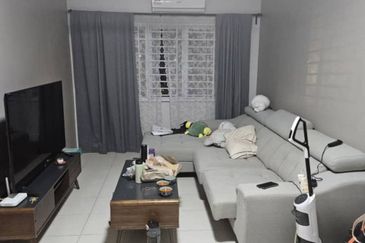
De Bayu Apartment @ Setia Alam
Shah Alam, Selangor
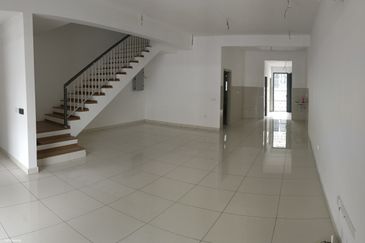
Elmina Green Three @ City of Elmina
Sungai Buloh, Selangor
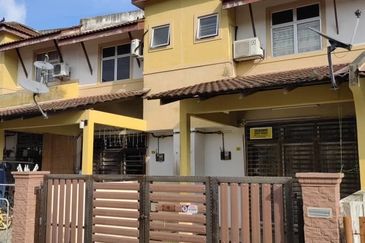
Bandar Springhill
Port Dickson, Negeri Sembilan
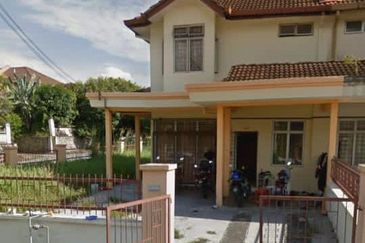
Taman Desa Anggerik, Bandar Baru Nilai
Nilai, Negeri Sembilan
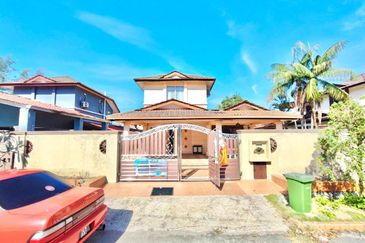
Taman Tasik Semenyih (Lake Residence)
Semenyih, Selangor

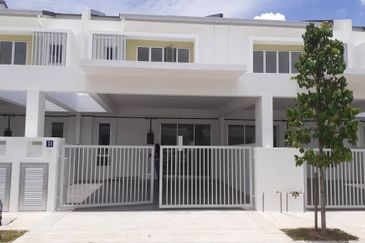


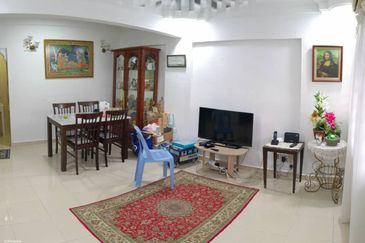
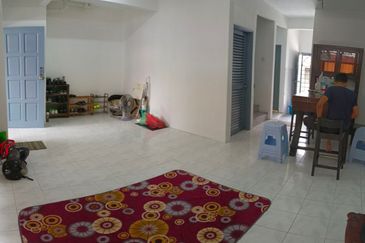
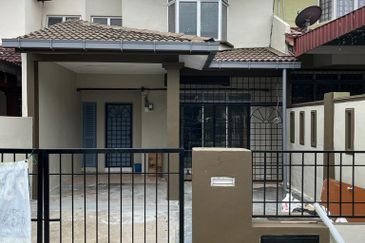
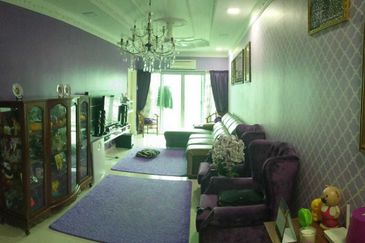
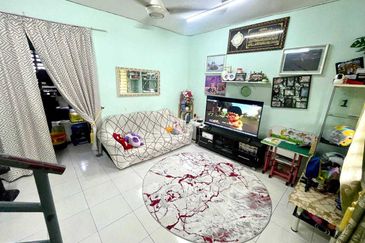
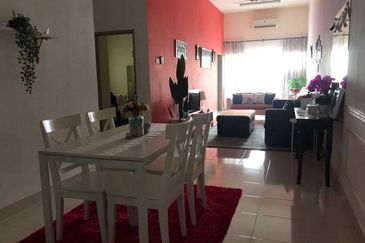

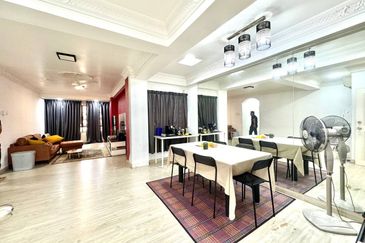
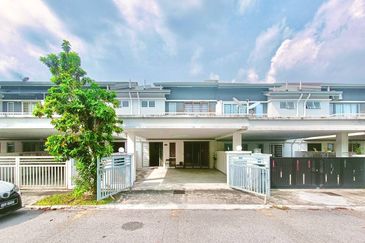
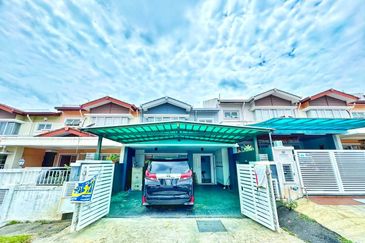
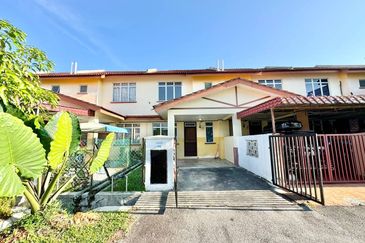
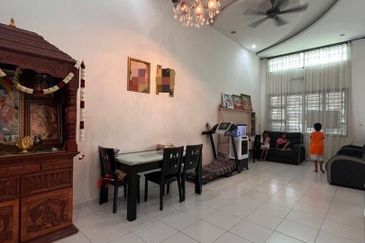
hero.jpg?GPem8xdIFjEDnmfAHjnS.4wbzvW8BrWw)



